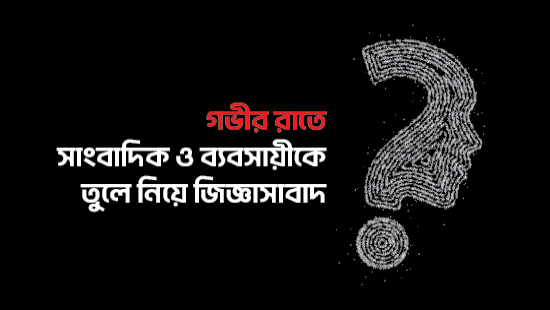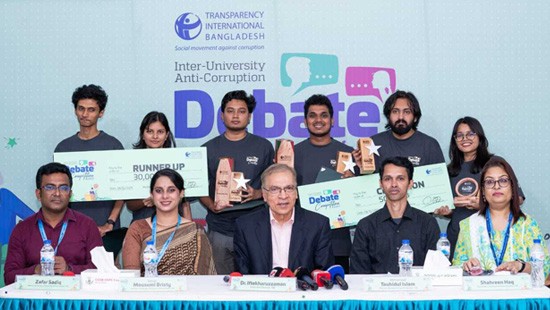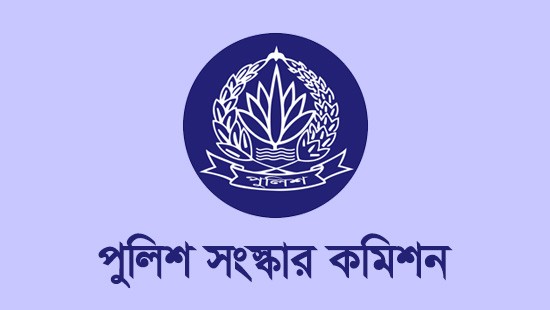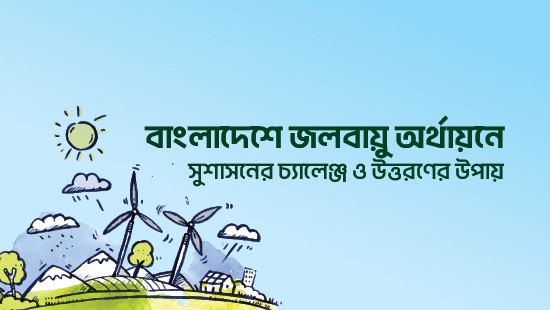Press Release
Dhaka, 20 November 2025:Transparency International Bangladesh (TIB) has expressed deep concern over the recent incident in which a journalist and a leader of a business group were taken from their homes late at night and held for extended periods without specific allegations. The incident occurred in the context of dissent regarding the launch of the National Equipment Identity Register (NEIR) by the Bangladesh Telecommunication Regulatory Commission (BTRC). TIB highlighted the matter as a troubling example of the maintenance of a culture of surveillance and fear, undermining the commitment to the rule of law and human rights. TIB noted that such opaque and unaccountable actions represent a disappointing repetition of the surveillance and intimidation practices of past authoritarian periods. These actions conflict with the interim government’s declared commitment to the rule of law and human-rights-based reforms, posing serious threats to citizens’ security, freedom of expression, and legal protection. TIB reminded the relevant government quarters that treating critics as enemies is self-destructive.
According to media sources, in response to criticism of the government decision to implement NEIR, a journalist and a leader of a mobile phone business organization were taken late at night by the Detective Branch (DB) of Dhaka Metropolitan Police. The DB has given contradictory explanations, claiming both that the individuals were summoned for “information verification” and that the journalist was brought in due to misuse of his personal phone number after using the title of president in the press conference invitation. Condemning these conflicting statements and outright falsehoods, TIB Executive Director Dr. Iftekharuzzaman said, “Taking individuals from their homes late at night without explanation, withholding allegations, and inconsistency in the security agency’s remarks is a concerning continuation of authoritarian oppression. This behavior is not only a violation of human rights but also risks undermining public trust in state reforms. If there are allegations, the law requires sending a formal notice and ensuring questioning in the presence of a lawyer at a regular time. Summoning people late at night, bypassing these obligations, is entirely unacceptable.”
In addition, he stated, "In this regard, we believe that all intelligence and surveillance agencies in Bangladesh, including those involved in this incident, need a fundamental reform." Changing a few individuals is not enough; if surveillance and human rights violations continue under the guise of state security, the dream of a "New Bangladesh" will remain unfulfilled. Moreover, those in positions of responsibility within the government must show the courage to reject the mindset that considers anyone who expresses dissent or criticism as an enemy.”
According to media sources, a senior officer of the DB stated that if an organization wants to hold a press conference against government policy, the state may need to understand its purpose. Dr. Zaman emphasized that this situation exemplifies a violation of freedom of expression and the right to peaceful assembly. He stated, "Within a democratic framework, the act of questioning governmental policy or proposed legislation—specifically, in this instance, the Bangladesh Telecommunication Regulatory Commission's announcement regarding the implementation of the NEIR—expressing dissent, or offering criticism constitutes a fundamental constitutional right afforded to citizens, pertinent stakeholders, and diverse professional entities; there exists no rationale to construe such actions as criminal or as posing a security threat."
"Utilizing intelligence services in connection with a valid press conference is an abuse of state authority and promotes an atmosphere of intimidation and fear. Failure to tolerate criticism and recognize the importance of dissent is a blatant interference with freedom of expression. Furthermore, according to Articles 37, 38, and 39 of the Constitution, any individual, organization, or professional group is entitled to express opinions peacefully, hold assemblies, conduct press conferences, and critique policies. The government must explain how journalists or relevant business representatives participating in a press conference to express dissent or criticism regarding the implementation of NEIR may raise legal, ethical, or state-related issues. This incident poses an ongoing threat to freedom of expression, peaceful assembly, and organizational rights, representing a blatant infringement of the Constitution and international human rights norms."
Media Contact:
Mohammad Tauhidul Islam
Director, Outreach and Communication
Phone: +8801713107868
Email: tauhidul@ti-bangladesh.org






